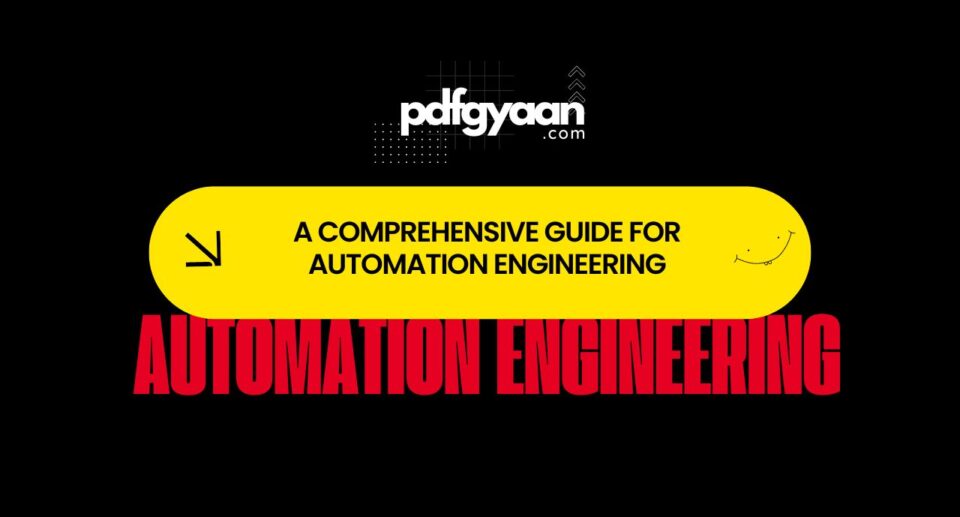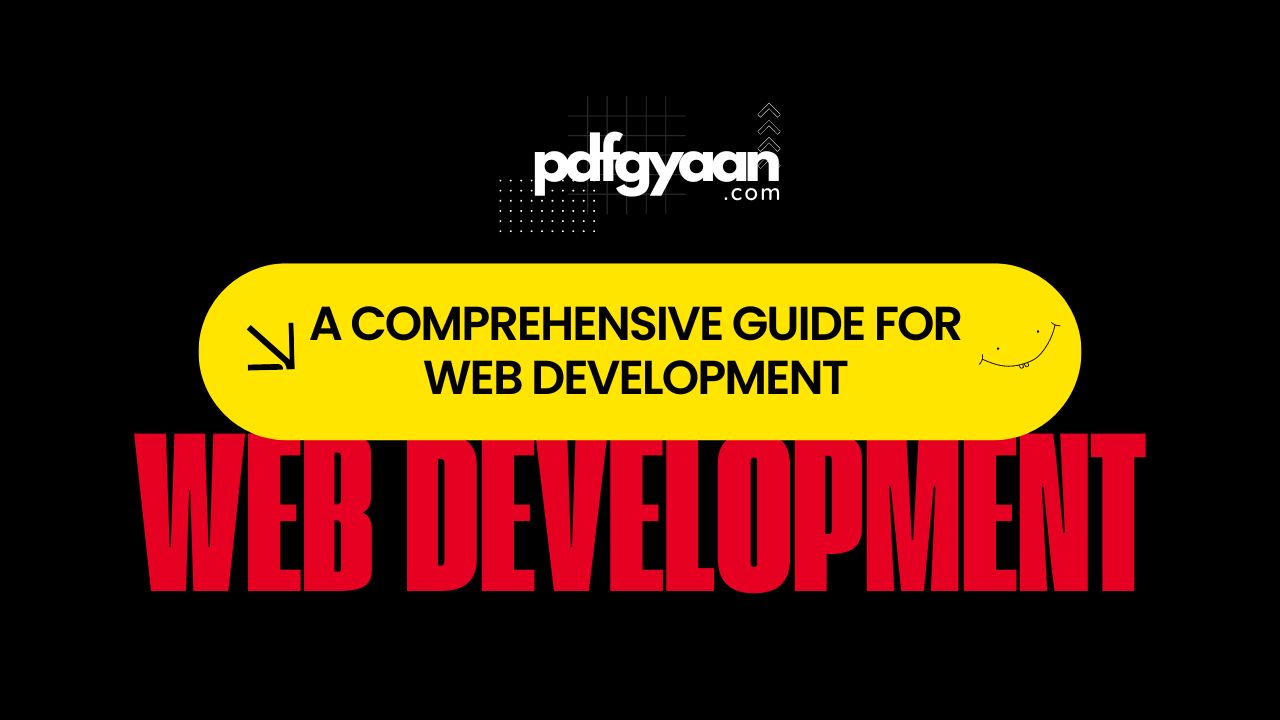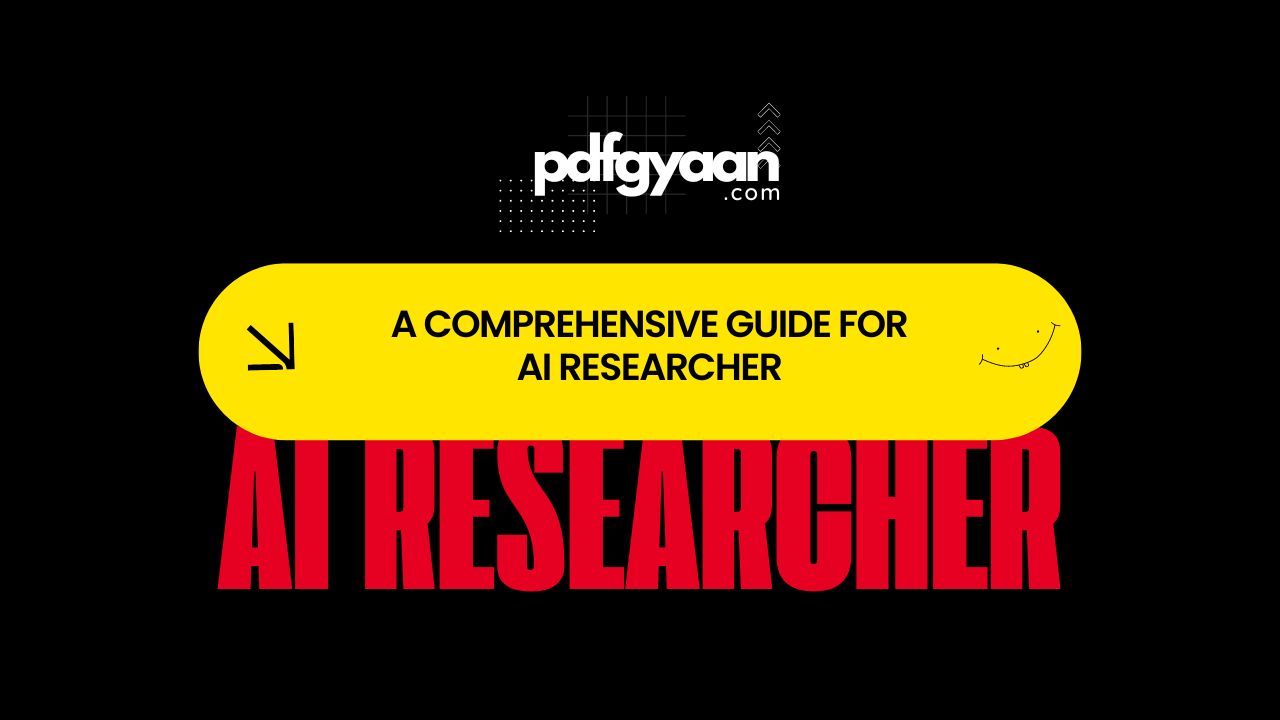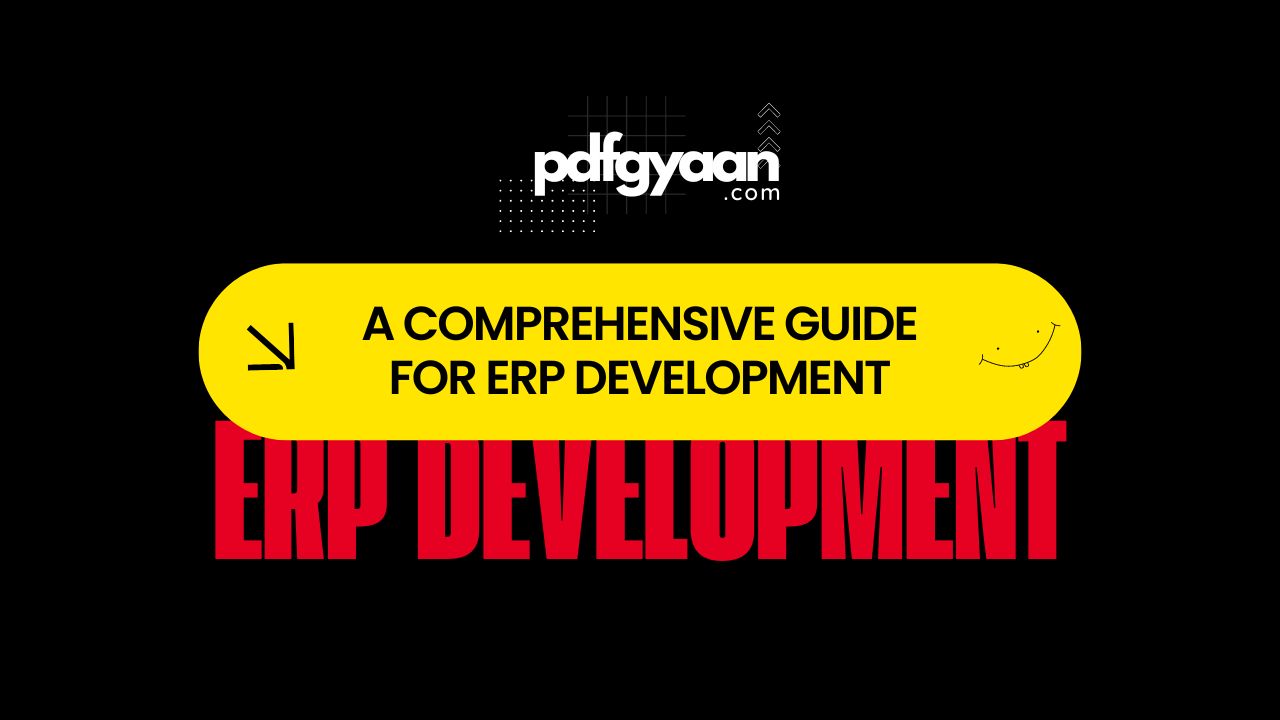Automation Engineering Designing Efficient Systems for a Smarter Future
PDF Gyaan
- August 25, 2024
- 6 Min Read

Table of Contents
ToggleAutomation Engineering
Automation Engineering is your definitive guide to mastering the principles and practices of automation engineering. Whether you’re a beginner looking to enter the field or an experienced engineer aiming to stay ahead of the curve, this eBook covers all aspects of designing, implementing, and optimizing automated systems. Dive into topics such as control systems, robotics, PLC programming, IoT integration, and industrial automation. With practical examples, step-by-step guides, and expert insights, this guide will equip you with the knowledge and skills needed to design efficient, reliable, and future-ready automation solutions.
INDEX:-
What’s an Automation Engineering ?
- Why Should You Care About Becoming?
- How to Get Started?
- Free Courses?
- Must-Have Software?
- What Can You Earn?
- How to Land a Job?
- Conclusion
What’s an Automation Engineer?
An Automation Engineer is a tech-savvy problem solver who designs, develops, and manages systems that automate processes. Think of them as the masterminds behind making machines, software, and systems work without human intervention. From automating manufacturing lines to setting up robotic systems, and even automating business processes with software bots, automation engineers are the wizards who bring efficiency and precision to industries. If you’ve ever seen a robot assembly line or marveled at how your smart home adjusts the lights based on your preferences, you’ve experienced the magic of automation engineering.
Why Should You Care About Becoming an Automation Engineer?
Why step into automation engineering? Because it’s where innovation meets efficiency, and every industry—from manufacturing to IT, healthcare to finance—is looking to automate. In a world that’s moving faster than ever, companies need systems that can work tirelessly and error-free. As an automation engineer, you’re not just improving processes; you’re revolutionizing how work gets done, freeing up humans for more creative and strategic tasks. Plus, it’s a field with high demand, meaning your skills will be sought after in a variety of industries.
How to Get Started as an Automation Engineer
Ready to design the systems that run the world? Here’s how to get started:
Master the Basics of Engineering: Start with a strong foundation in engineering principles, especially in areas like electrical, mechanical, and software engineering. Understanding how systems work at a fundamental level is crucial.
Learn Programming: Automation relies heavily on software, so you’ll need to be proficient in programming languages like Python, Java, or C#. These languages are often used in writing scripts for automated processes or controlling robots and other automated machinery.
Study Control Systems: Get familiar with control systems, which are essential in automation. Learn about PLCs (Programmable Logic Controllers), SCADA systems (Supervisory Control and Data Acquisition), and how they are used to monitor and control automated processes.
Get Hands-On with Automation Tools: Familiarize yourself with industry-standard tools and software used in automation. Tools like Siemens TIA Portal, Rockwell Automation’s Studio 5000, or Ignition by Inductive Automation are crucial in creating and managing automated systems.
Understand Robotics and AI: Many automation tasks are increasingly relying on robotics and artificial intelligence.
Free Automation Engineering Courses
YouTube is a goldmine for learning automation engineering. Here are some top channels:
- RealPars
- AutomationDirect
- Paul McWhorter
These channels will give you a solid foundation in automation concepts and hands-on skills.
Must-Have Software and Hardware for Automation Engineers
- PLC Programming Software
- SCADA Systems
- Robotic Simulation Software
- HMI Design Tools
Automation Engineer Salaries
- Entry-level: Salaries typically start around $60k to $80k per year, depending on your location and the industry you work in.
- Mid-level: With a few years of experience, you can expect to earn between $80k and $110k annually.
- Senior-level: Experienced engineers, especially those with specialized skills in robotics or AI, can make $110k to $150k+ per year.
How to Land a Job as an Automation Engineer
Build a Strong Portfolio: Showcase your best automation projects in a portfolio. Include examples of systems you’ve automated, control systems you’ve designed, or any robotics projects you’ve worked on. Make sure to highlight the impact of your work, such as increased efficiency or reduced errors.
Create Personal Projects: If you’re just starting, work on personal projects to build your portfolio. Automate a home system, create a robotic arm, or design an automated workflow for a small business. These projects will not only improve your skills but also demonstrate your practical abilities.
Network in the Automation Community: Join communities focused on automation, robotics, and industrial engineering. Platforms like LinkedIn, Reddit, and industry-specific forums are great places to connect with other engineers, share your work, and learn from others.
Stay Updated on Automation Trends: The automation field is constantly evolving. Stay informed about the latest trends, tools, and best practices by following industry blogs, attending conferences, and participating in webinars.
Apply for Automation Engineering Roles: Tailor your resume and portfolio to highlight your automation skills. Look for roles in manufacturing, tech companies, or any industry where automation plays a key role in operations.
Design the Systems of Tomorrow!
Becoming an automation engineer means you’re at the heart of modern innovation. Whether you’re automating a factory line, setting up robotic systems, or streamlining business processes with software bots, your work will make systems more efficient, reliable, and scalable.
With the right skills, tools, and a strong portfolio, you can turn your passion for automation into a rewarding career. So, grab your programming tools, dive into control systems, and start building the automated systems of tomorrow. The future of efficiency needs you!
Feel free to download this Topic
- Format: PDF
- Size: 4.89 MB
- Author: PDFGyaan Team
If you are looking for PDF resources on Automation Engineering then you’re in luck. Download Now and start your journey as a Automation Engineering.
TOPICS:-
- Automation Engineering
- Control Systems
- Industrial Automation
- PLC Programming
- Robotics
- IoT Integration
- Process Automation
- Automated Systems Design
- Engineering Best Practices
- Automation Solutions
- Smart Manufacturing
- System Optimization
- Automation Tools
- Industrial Control
- Future of Automation









